Hackathon - AI for Oil & Gas
Dates: 10–14 November 2025 - In person at CBPF (Rio de Janeiro, Brazil)
Pitch and final jury: 20 November 2025 - during SBGF
Registrations closed
Spots filled
About the event
The Hackathon is a marathon of applied innovation that challenges multidisciplinary teams to develop Artificial Intelligence for simulated and representative data of the Oil & Gas sector models.
Solutions must combine technical rigor, creativity, and industrial applicability, with final evaluation presented during SBGF 2025.
Objectives
- Develop innovative solutions for the analysis and interpretation of geophysical, petrographic, and NMR data with real-world application potential.
- Integrate academia, industry, and research centers, strengthening collaboration and knowledge transfer.
- Promote the strategic use of AI in complex sector problems, from exploration to reservoir characterization.
- Create a collaborative environment for networking and multidisciplinary partnerships.
Who can participate
- Researchers from universities, research centers, and companies.
- Professionals in data science, artificial intelligence, physics, geophysics, geology, engineering, and related fields.
- Undergraduate students in any area related to the event theme.
- Graduate students (master’s, PhD, or specialization).
- Other professionals interested in AI applications in the oil and gas sector, even without prior experience in the field.
Participation Requirements
- Have basic knowledge in programming and/or data science tools (Python, AI libraries, etc.).
- Have a personal notebook available for use during the event.
- Commitment to participating in person during all days of the hackathon (10–14/11/2025).
- Agree to the event regulations and the data usage rules.
- Be willing to work in a team and collaborate in a multidisciplinary environment.
- Limited spots: 25 participants.
Challenge Tracks
During the event, teams must choose two challenges organized into tracks:
- NMR: Estimate oil/water ratio in rock samples (NMR data).
- Petrographic Slides: Classify lithology in petrographic slide images.
- Seismic: Identification of seismic facies.

Track 1 - NMR (Nuclear Magnetic Resonance)
- Task: Regression (estimate of oil/water ratio).
- Input: Magnetic relaxation curves M(t).
- Output: Oil fraction - f(oil) and water (1−f(oil)).
- Data: Simulated curves with noise (different SNR - Signal-to-Noise Ratio ranges).
- Metrics: RMSE+R².
Track 2 - Petrographic Thin Section
- Task: Classification of petrographic images.
- Input: Synthetic petrographic images (256x256, RGB).
- Output: Example classes: spherulitite, stromatolite, laminite, reworked.
- Data: Synthetic set of images generated from models.
- Metrics: Accuracy (%) and macro F1-score
Track 3 - Seismic
- Task: Seismic facies segmentation.
- Input: Patches (224 × 224 in grayscale) generated from seismic images.
- Output: Pixel-by-pixel segmented masks with different seismic facies.
- Data: Seismic images generated from a public-domain seismic volume provided by New Zealand Petroleum and Minerals (NZPM), interpreted by Chevron and made available under the CC-BY-SA 4.0 license.
- Metric: IoU (Intersection over Union).
Data Structure
- Each track will provide two data subsets: training and testing.
- The training set will contain the labels needed for solution development and tuning.
- The test set will be provided without labels and used exclusively for model evaluation during the hackathon.
(All datasets will be simulated and prepared for the event.)
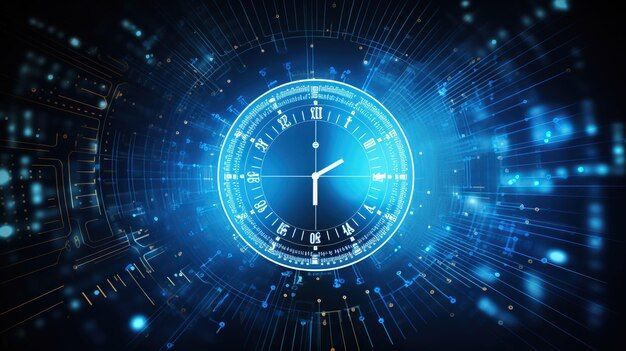
How to Participate
- Register and wait for confirmation.
- Take part in the activities according to the schedule
- Attend CBPF in person on event days (8:30 AM–5:30 PM).
Address: Rua Dr. Xavier Sigaud, 150 - Espaço Oliveira Castro (Ground Floor).
(Teams will be formed on the first day.)
Schedule
- 05–07/11 → Online preparatory talks presenting the challenges, data, HPC usage, and space for participant introductions.
- 10/11 → Official hackathon opening and team formation (in person at CBPF).
- 11–13/11 → Project development, technical mentoring, and submission of partial results.
- 14/11 → Final submission of solutions.
- 20/11 → Final Session - SBGf 2025, from 3:00 PM to 5:00 PM - Location: BGP Geo Future Room (Mezzanine), Expo Mag - Rio de Janeiro/RJ. Address: R. Beatriz Larragoiti Lucas, s/n - Cidade Nova, Rio de Janeiro - RJ, 20211-175.
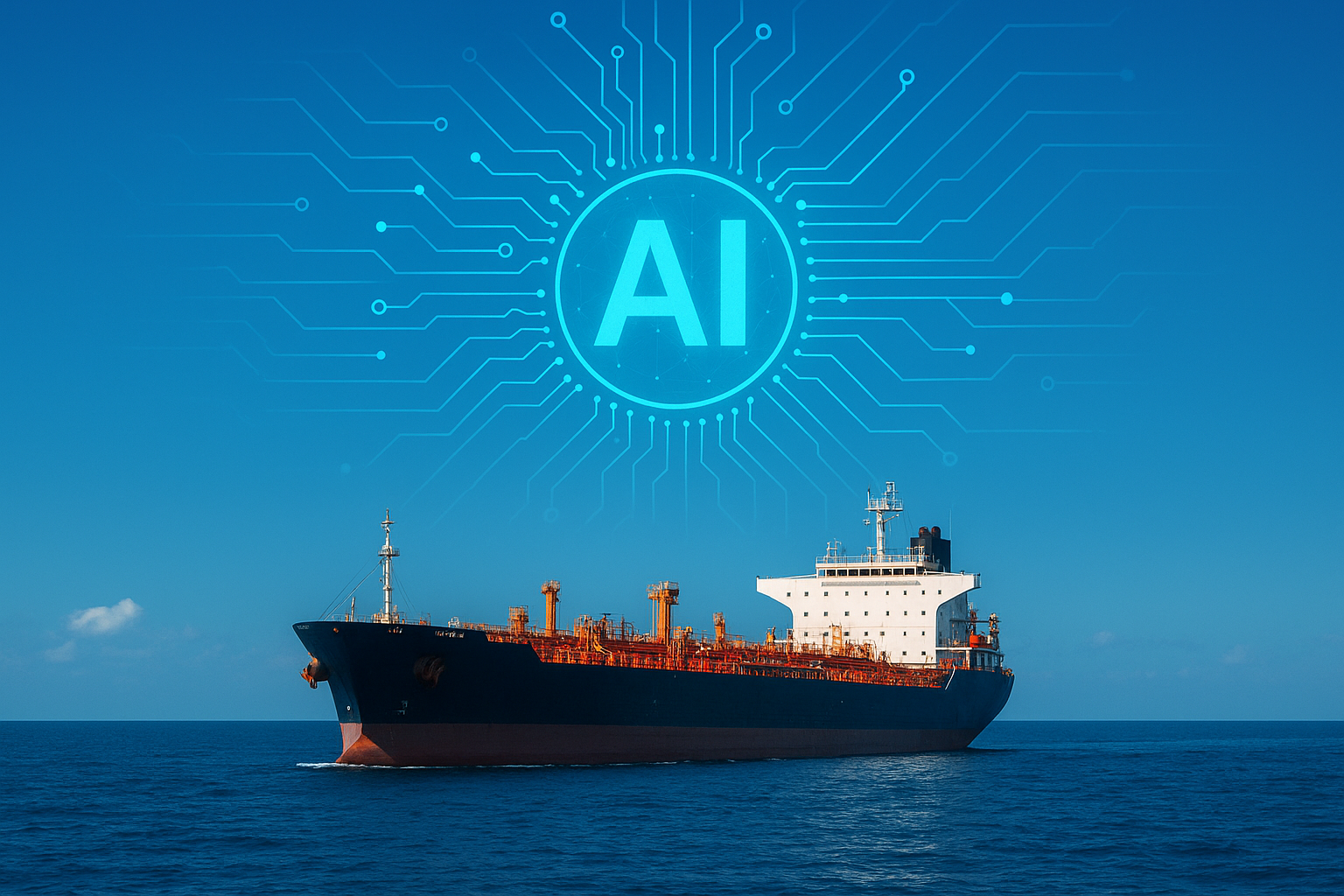
Jury Panel
Bernardo Machado de Oliveira Fraga
CBPF
Researcher at the Brazilian Center for Research in Physics (CBPF), working on the application of artificial intelligence and deep learning in geosciences for the Oil and Gas sector. Bachelor in Astronomy from UFRJ (2009), MSc in Physics from CBPF (2010) and PhD in Relativistic Astrophysics from Sapienza Università di Roma and Université de Nice Sophia-Antipolis, in the Erasmus Mundus IRAP-PhD program (2014). Develops deep learning and seismic inversion (FWI) solutions for velocity model reconstruction, salt delineation and seismic imaging in high-performance computing (HPC) environments. Also applies AI techniques in petrophysics, using well data and magnetic decay to infer properties such as porosity, permeability and saturation, integrating data science and reservoir physics in R&D projects with Petrobras.
http://lattes.cnpq.br/8508146284928951Pedro Barros Cotta Pesce
Petrobras
Senior Geophysicist at Petrobras, working as a Consultant at the intersection of education, machine learning and geosciences applied to Oil and Gas exploration and production. Bachelor and MSc in Physics from UFMG, and for 15 years has been dedicated to corporate education through the Petrobras University, focusing on quantitative methods applied to geophysics, geology and petrophysics. Works on the development of technical solutions and knowledge management within AI communities applied to geosciences and the computational modeling of geoscientific phenomena at Petrobras.
https://www.linkedin.com/in/pedro-pesce-37a45233Érica Kato Pacheco Ferraz
Petrobras
Geologist at Petrobras, with extensive experience in petrophysics, reservoir characterization and formation evaluation in the Campos and Santos basins. Bachelor in Geology from UNESP (Rio Claro), with specializations in Petroleum Geology (UERJ) and Advanced Petrophysics (University of Texas at Austin). Since 2017, works on the development of solutions that integrate artificial intelligence, geological data and petrophysical analyses to optimize productivity and decision-making in oil fields. Her work directly contributes to digital transformation and technological innovation in the Oil and Gas sector, applying machine learning techniques to reservoir evaluation and rock property prediction problems.
Bruno dos Santos Silva
Observatório Nacional
Researcher at the National Observatory (ON/MCTI), working in computational geophysics applied to the Oil and Gas sector. PhD in Geophysics from UFPA, with experience in numerical modeling, seismic inversion (FWI) and subsurface imaging. Develops and implements optimization and machine learning methods to improve reservoir characterization and seismic data interpretation. Participates in R&D projects with Petrobras and TotalEnergies, focusing on high-performance computing (HPC) solutions for advanced geophysical applications.
http://linkedin.com/in/bruno-dos-santos-silva-1b2b47a4Thiago Freitas Lopes Conceicao
Petrobras
Senior Geophysicist at Petrobras, currently serving as Sector Manager for Integration and Data Science for Petrobras’ exploration geology area. Bachelor in Geophysics (UFBA), Master in Civil Engineering and MBA in Software Engineering (INFNET). With 15+ years of experience in geosciences, he leads the development of digital products and analytics for exploration, combining data integration, Artificial Intelligence, and multidisciplinary teams. He has a notable role in the Brazilian Geophysical Society (SBGF), collaborating in the organization of scientific events and conferences focused on the integration between geophysics and data science.
Project Evaluation
Solutions will be evaluated by the Evaluation Jury, considering the objective technical results presented, as well as the qualitative criteria established in this regulation.
Intermediate Publication (Technical Results by Track)
During the hackathon, each group will participate in two tracks. The results achieved in each track will be published on November 12 and 13 on the official event website, allowing everyone to follow the teams’ progress.
Objective: provide transparency, encourage joint learning, and enable groups to see how others are progressing.
Format: each group will have its results displayed within the technical metrics of the chosen track, without rankings.
- NMR: RMSE and R².
- Petrographic Slides: Confusion matrix, Accuracy, and F1-score.
- Seismic: IoU and related segmentation metrics.
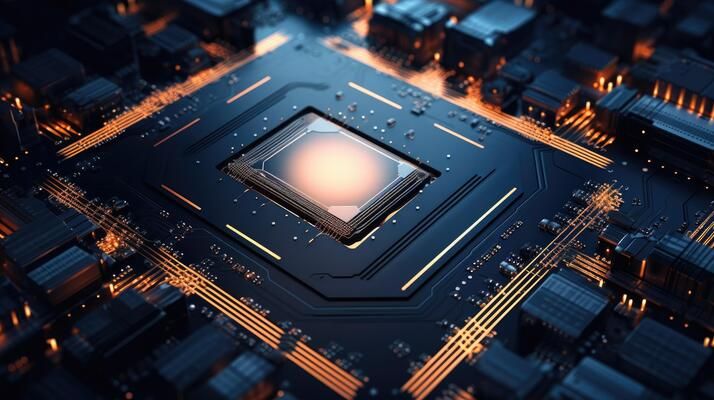
This publication will be purely informative, serving for knowledge exchange and healthy comparison among groups working on the same track.
On the last day of the hackathon there will be no public disclosure of these results. They will be sent only to the evaluation jury as input for the final assessment.
Final Evaluation by the Jury
The final decision will rest exclusively with the Evaluation Jury, formed by experts from CBPF, Petrobras, and guests. Projects will be qualitatively analyzed according to the following criteria:
- Accuracy and Technical Performance - quality of results and model robustness.
- Generalization Capacity - potential of the model to extrapolate to new data.
- Approach Consistency - methodological coherence and technical justification.
- Innovation - originality of the solution and creativity in the use of AI.
- Applicability - relevance and practical feasibility in the oil and gas sector.
- Presentation Clarity - clear communication of methodology, results, and conclusions.
- Teamwork - collaboration, multidisciplinary integration, and division of tasks.
- Documentation and Reproducibility - quality of records and possibility of replication.
Results Disclosure
- The page with intermediate technical results will be available only during the hackathon, showing performance by track without overall classification.
- The official result will be defined by the jury after analyzing the solutions and will be published later on the event website.
- The jury may also grant honorable mentions (Innovation, Applicability, Reproducibility) and indicate projects for continuation in future initiatives.
Awards
The best solutions will receive awards, honorable mentions, and opportunities for collaboration with companies and research centers.
🥇 1st Place
- Petrobras Institutional Kit (for each team member).
- Technical book “Seismic Signal Analysis” (1 copy).
- Technical book on Reservoir Engineering (1 copy).
- Distinction certificate “Best Hackathon 2025 Solution”.
🥈 2nd Place
- Petrobras Institutional Kit (for each team member).
- Technical book “Seismic Signal Analysis” (1 copy).
- Distinction certificate “2nd Place Hackathon 2025”.
🥉 3rd Place
- Petrobras Institutional Kit (for each team member).
- Technical book on Reservoir Engineering (1 copy).
- Distinction certificate “3rd Place Hackathon 2025”.
🎖️ Participants
- Petrobras Institutional Kit (1 per participant).
- Certificate of participation in Hackathon 2025.
Infrastructure
📍Available at LAB-IA/CBPF:
- HPC server equipped with 8 NVIDIA Ada 6000 GPUs.
- Resource distribution: each of the 5 teams (25 participants in total) will have 1 dedicated GPU. The remaining 3 GPUs will be available on demand, upon justified request.
- Preconfigured environments: Docker, Conda, and Singularity, ready for immediate use.
- User accounts: already created for each team, ensuring individual and secure access to the work environment.
- Datasets: all participants will have access to the same initial dataset, organized in team directories.
- Additional resources: other LabIA infrastructures may be provided if the team demonstrates need during development.
Registration
Period: 23/09/2025 to 31/10/2025
Fee: R$ 100.00
Registration form:
Includes (for all participants):
- Lunch at CBPF during in-person hackathon days
- Breakfast and afternoon coffee (with biscuits)
Rules
- It is mandatory to accept the data usage terms (check-box on the website at the time of registration).
- All data provided are simulated and synthetic, prepared exclusively for this competition within CBPF research projects, and are in the process of academic publication.
- The models developed are the property of the participating teams.
- The use of the datasets is restricted to the hackathon, and their redistribution or use outside the context of the event is prohibited.
- The models developed are the property of the participating teams.
- The notebooks and submitted code (final commented submission) remain the property of the authors but must be made available to the Organizing Committee for evaluation and record-keeping. After the event, the authors may choose to make the code public (open-source) or keep it restricted, accessible only for internal evaluation. The Organizing Committee guarantees that it will not disclose the code without the authors’ authorization.
- The use of open-source libraries is permitted.
- Each team must deliver:
Final submission (CSV/ZIP).
Final commented notebook.
Presentation slides.


Organization
Organized by: Brazilian Center for Research in Physics (CBPF)
In partnership with: Petrobras
Event Co-Chairs
- Marcelo Portes de Albuquerque (CBPF)
- Bernardo Coutinho Camilo dos Santos (Petrobras)
Organizing Committee
- Ana Paula Muller (Petrobras)
- Clécio Roque De Bom (CBPF)
- Elisângela Lopes de Faria (CBPF/FACC)
- Márcio Portes de Albuquerque (CBPF)
- Pablo Machado Barros (Petrobras)
- Pedro Pesce (Petrobras)
- Thais Fernandes de Matos (Petrobras)
Hackathon Mentors Team

Matheus Klatt
http://lattes.cnpq.br/5273517356145686Master's student in Computational Systems at COPPE/UFRJ, Bachelor's in Geophysics from UFF, and researcher at Fundação FACC in a joint project between CBPF and Petrobras. Works in the development of deep learning applications for seismic data processing and interpretation, with experience in numerical modeling of elastic waves and reverse time migration. Was a Science Without Borders scholarship holder in Germany and received an honorable mention at JICON/Observatório Nacional in 2018.

Rayan Tadeu
https://lattes.cnpq.br/0043778647690124Master’s student in Scientific Instrumentation at CBPF, graduated in Geophysics from UFF, and researcher at the FACC Foundation in a joint project with Petrobras. He has experience in the development of computer vision and machine learning algorithms applied to petrographic thin section analysis, seismic data, and Nuclear Magnetic Resonance (NMR) applied to porous media. He has worked on projects involving GANs, convolutional neural networks, and PINNs for the interpretation and segmentation of geological data, in addition to developing digital image processing strategies and regression models for digital rocks. Proficient in Python and libraries such as PyTorch, TensorFlow, Keras, OpenCV, and Scikit-learn.

Rômulo Rodrigues
http://lattes.cnpq.br/6769339563317613Master’s degree (2022) and bachelor’s degree (2019) in Geophysics from the Fluminense Federal University (UFF). Research fellow at the Foundation for the Advancement of Scientific Computing (FACC), working on the application of artificial intelligence and deep learning in geosciences for the Oil & Gas sector. Develops neural network techniques applied to computer vision for lithology detection and petrographic feature segmentation, such as porosity and dominant macroporosity.
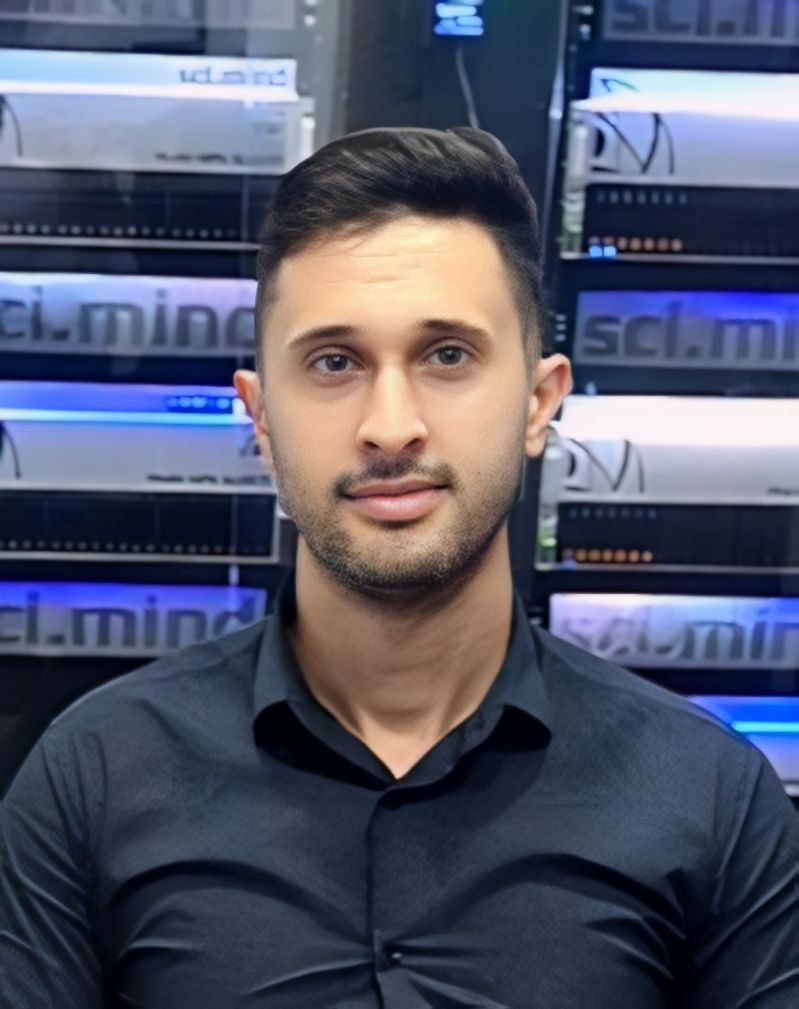
Paulo Russano
http://lattes.cnpq.br/2130375444190292Master’s student in Scientific Instrumentation at the Brazilian Center for Research in Physics (CBPF) and technologist at the institution. Graduated in Information Systems from Faculdade de São Lourenço (2013), works on the development and administration of High Performance Computing (HPC) systems, focusing on Artificial Intelligence, Machine Learning and Deep Learning. Has experience with hardware, Linux servers, high performance networks and datacenter infrastructure, including clusters with multiple CPUs and GPUs, as well as developing monitoring and performance optimization systems for scientific projects at CBPF.

Gabriel Gama
http://lattes.cnpq.br/2447429728456042Physicist (UERJ/CBPF), postdoc at LabIA/CBPF working on LLMs and agents. Former project lead at Setup Automação, where I integrated YOLO + LabVIEW + ToF cameras for real-time inspection. Experience in Microfabrication/MEMS, semiconductors, in-situ metrology, and cutting-edge computer-vision automation.
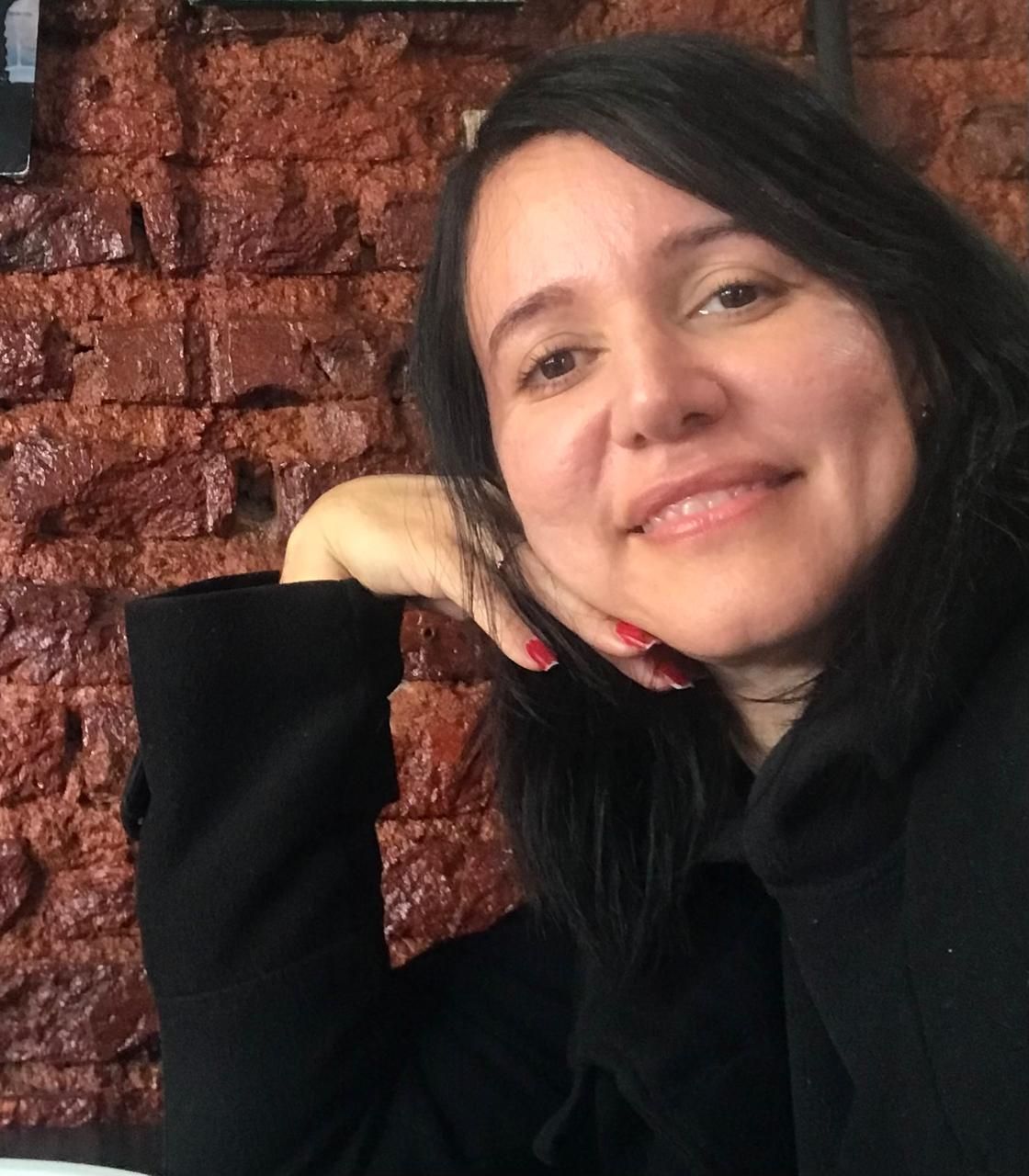
Luciana Olivia Dias
http://lattes.cnpq.br/7347344568445543Master’s degree in Instrumental Physics from CBPF, working in the oil and gas sector since 2013. Involved in several projects with Petrobras in partnership with CBPF, currently developing AI-based solutions including quantum simulator networks for various demands involving profile data, seismic data, and NMR.
Registrations for Hackathon IA 2025 are closed.
All spots have been filled.